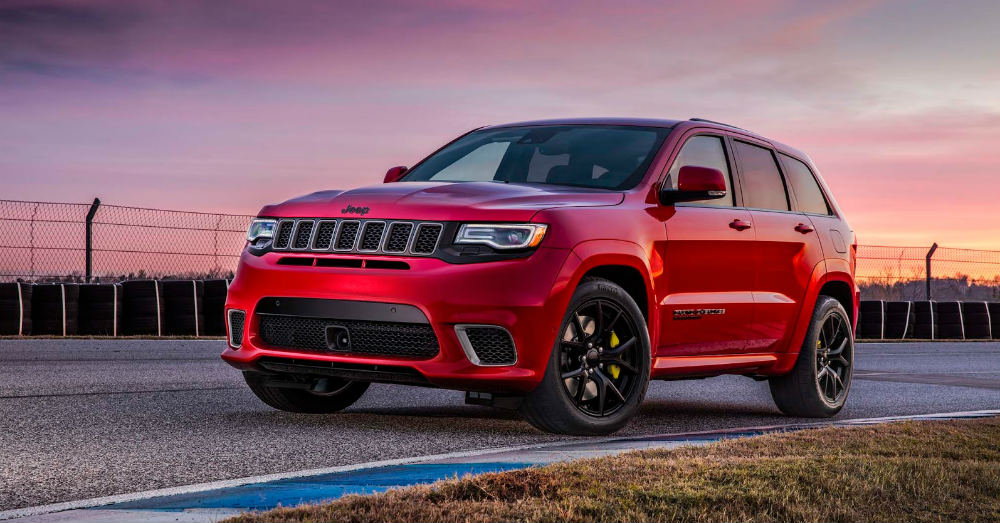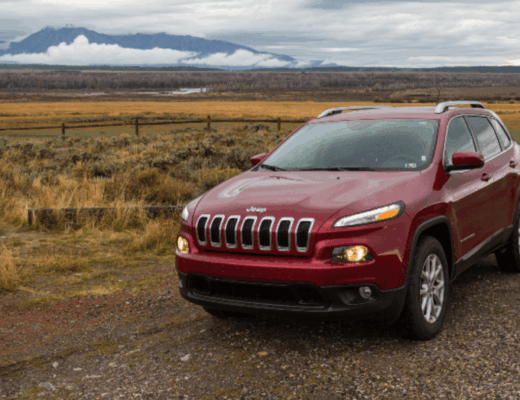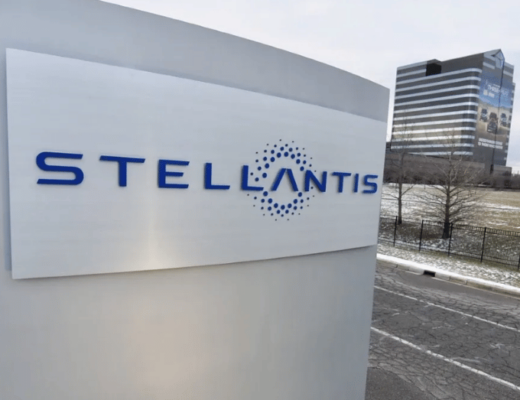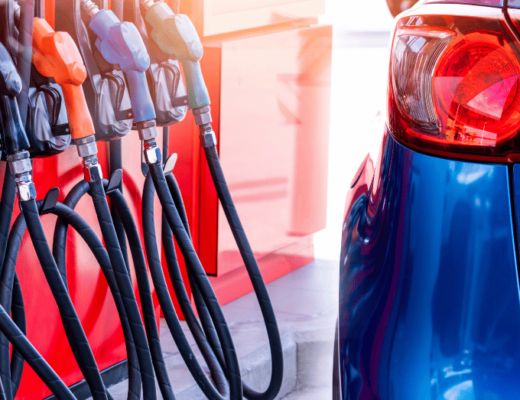One of the newest powerful SUV models on the market is the Jeep Grand Cherokee Trackhawk which makes use of the amazing power that comes out of the Hellcat engine that we find in the lineups from the FCA teams. This new SUV is an example of how and where the FCA engineers decided to put this engine that has been a part of the Dodge Charger and Challenger for a few years now. This team has been looking for a variety of different places where they can put this engine and allow it to be the one that we want to enjoy.
With 707 horsepower under the hood, you need the Jeep Grand Cherokee Trackhawk to be one that is able to offer you a ride that’s enjoyable and reliable every time you get behind the wheel. One thing you wouldn’t want to happen is to have your new SUV break down because of a faulty item or a build that isn’t exactly right for your drive. Unfortunately, that can happen when a vehicle needs to be recalled, but thankfully, this recall is coming early enough that it won’t affect a large number of vehicles and can be corrected right away.
The Recall for the Trackhawk
The trouble with the newest SUV at the top of the Jeep lineup has to do with fuel lines that might separate while you’re driving. This could happen and if it does your Trackhawk would be in jeopardy of stalling or catching fire in the engine compartment. The trouble is caused by the fuel lines and an investigation has been opened between FCA and supplier Martinrea Intl Inc. to analyze two failed parts that might be the problem. The investigators have discovered a sensor that was misaligned on a machine that builds the parts which were the cause of the potential troubles.
Right now, the affected number of models is a low number which is 1,242 versions of the Jeep Grand Cherokee Trackhawk SUVs on the road. In addition to this low number of models that have been affected, there have been no reports of crashes, injuries, or warranty claims as a result of the fuel lines that could separate in the engine compartment of the Trackhawk. So far, this is excellent news and certainly makes sense for Jeep to get ahead of this recall and handle the changes right away.
The affected vehicles that need to be fixed were built between October 10 and December 10, 2017, and the recall is expected to begin on March 2, 2018. If you own one of these models, you need to bring your vehicle to your nearby dealer to have the fuel lines inspected and replaced if necessary. The last thing we want to see is any of these new SUVs catching fire on the side of the road. With the small number of models affected, this should be a fairly easy and inexpensive recall that needs to be executed right away.
This post may contain affiliate links. Meaning a commission is given should you decide to make a purchase through these links, at no cost to you. All products shown are researched and tested to give an accurate review for you.





